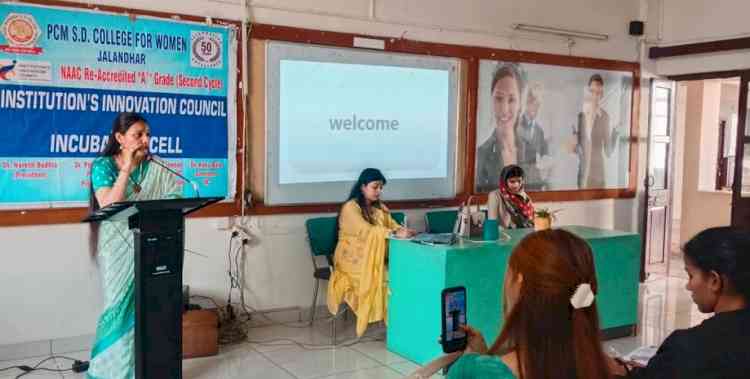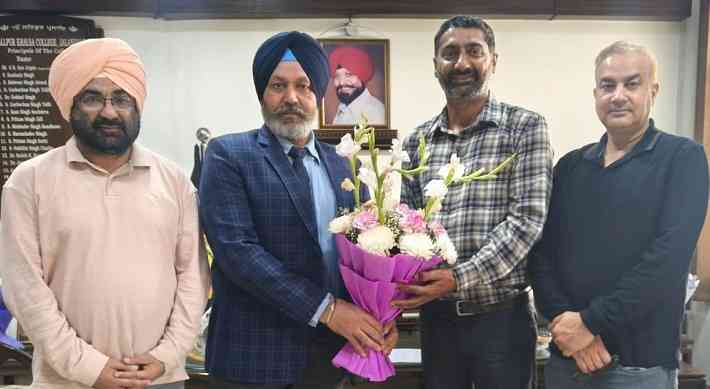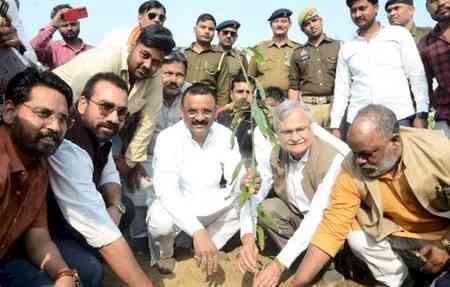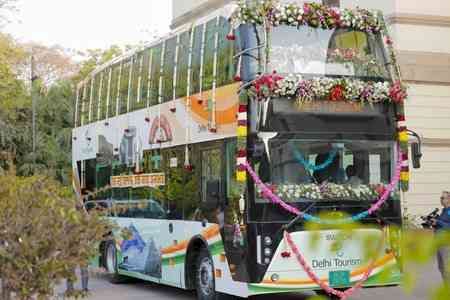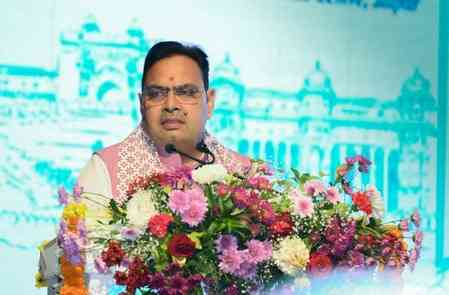Training Programme on Electronic Business Databases Held at UIAMS
The University Institute of Applied Management Sciences (UIAMS), Panjab University, Chandigarh, organised a training programme today on electronic business databases, with a special focus on CMIE’s Economic Outlook and Consumer Pyramids Household Survey (CPHS) databases. The session witnessed enthusiastic participation from faculty members and research scholars.
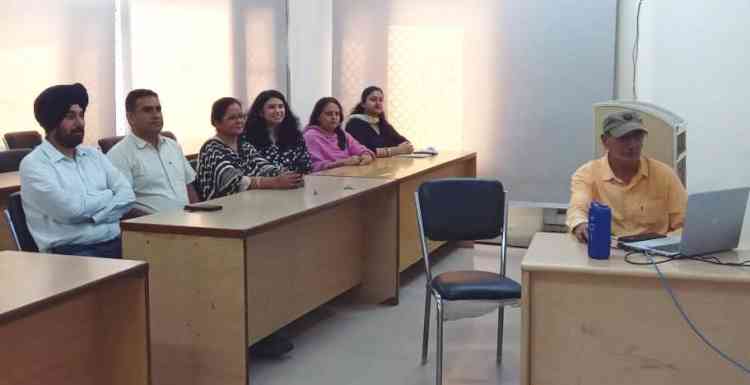
Chandigarh, September 30, 2025: The University Institute of Applied Management Sciences (UIAMS), Panjab University, Chandigarh, organised a training programme today on electronic business databases, with a special focus on CMIE’s Economic Outlook and Consumer Pyramids Household Survey (CPHS) databases. The session witnessed enthusiastic participation from faculty members and research scholars.
Prof. Anupreet Kaur Mavi, Director, UIAMS, inaugurated the session and shared the institute’s vision of imparting quality education and promoting skill development among prospective business managers. She emphasised the importance of staying updated with the latest data tools and information resources in business research and teaching.
The session was moderated by Dr. Rakesh Mohindra, Librarian, who facilitated the discussions and encouraged interactive learning among participants.
The training was conducted by Mr. Sudershan Negi, Academic Relations Head at the Centre for Monitoring Indian Economy (CMIE). He provided an in-depth orientation on the two key databases subscribed to by the Panjab University Central Library:
• Economic Outlook, a comprehensive macroeconomic database offering time-series data, projections, sectoral analysis, and original source documents to support research on the Indian economy.
• Consumer Pyramids Household Survey (CPHS), the world’s largest continuous household panel survey, which provides detailed record-level data across a range of economic and social indicators from over 1.78 lakh households across India.
The session included hands-on training in data extraction, understanding survey design and sampling methods, generating reports and charts, and customising the platform as per user requirements. Participants also learned how to access research papers, define indicators, and use the “seek clarification” feature for online support.
The interactive session proved highly beneficial for scholars and faculty members aiming to enhance their research through credible and extensive datasets. It also opened up new avenues for data-driven teaching and research in business and applied economics.



 City Air News
City Air News 
